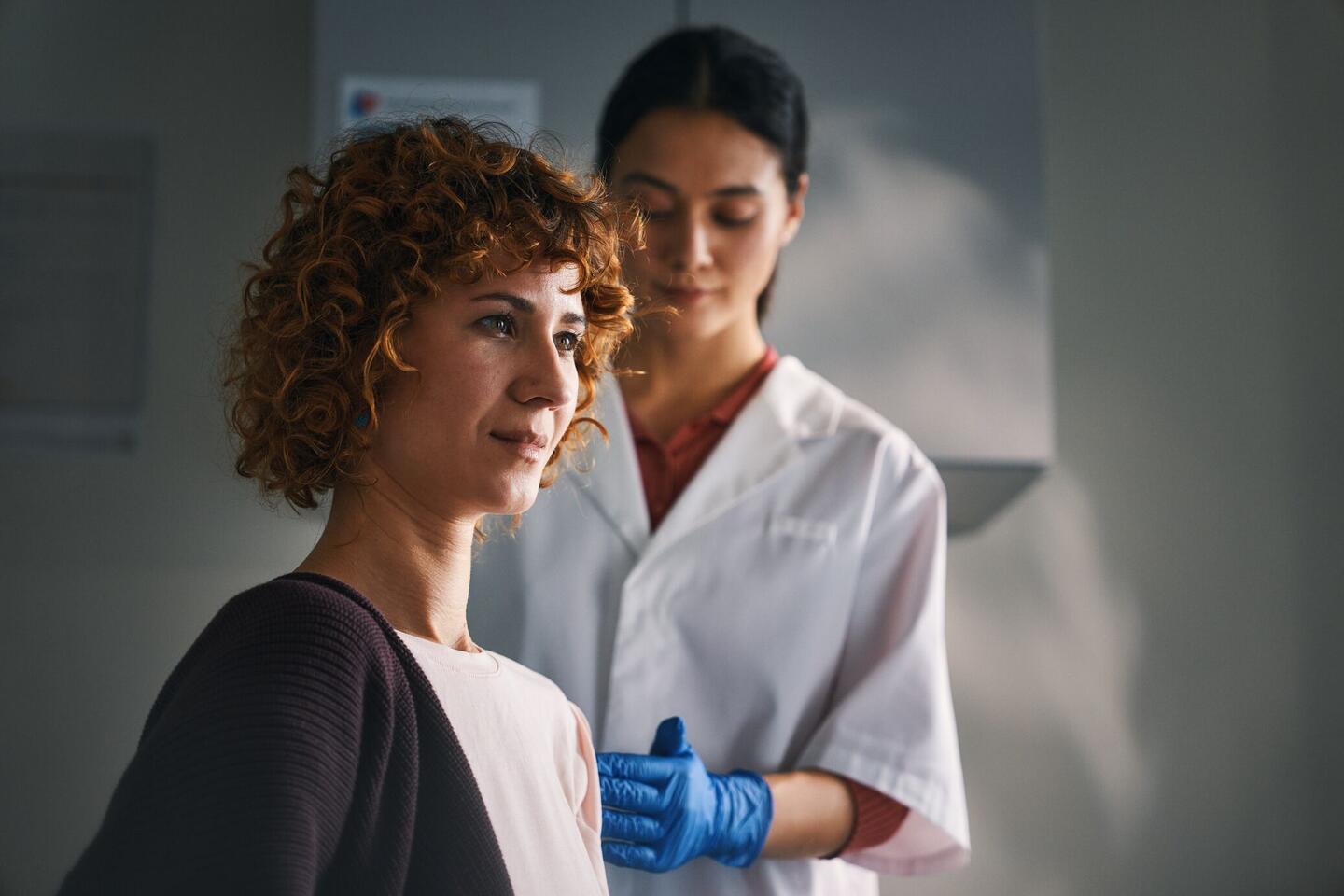
News 2025/05/14
More responsibility for pharmacies in providing care from 2027
The revision of the Health Insurance Act (HIA) strengthens the position of pharmacies as important players in the healthcare system. The development of the around 380 pharmacies in the Galenica network shows how investments in training, infrastructure and digital solutions are already paying off today.
With the second package of cost control measures, Parliament laid an important foundation for the healthcare of the future in spring 2025: in future, certain preventive and pharmaceutical services in pharmacies will be covered directly by basic insurance. But with recognition comes responsibility. Pharmacies must invest in their infrastructure, employees and digital tools to be able to fulfil this expanded service mandate.
Galenica was ahead of the curve in anticipating this development and has been operating on this basis for several years. Consultation and healthcare services are already offered in the network’s approximately 380 pharmacies. The vaccination service in particular is increasingly popular. Companies, for example, are also showing ever more interest in the option of getting flu vaccines in pharmacies. In 2024, we collaborated with almost 100 companies that offer their employees a free flu vaccination as part of their health initiatives. In 2024, around 50,000 vaccinations were administered in Galenica pharmacies.

Learning from practice: investments that pay off
For Galenica, introducing healthcare services in pharmacies was not a spontaneous change of strategy, but a deliberate transformation. We have been investing in the further training of our teams for years – particularly in the area of healthcare services. Today, 813 of our pharmacists are already qualified to administer vaccinations.
Concurrently with this, the infrastructure has also been adapted: consultation rooms and discreet areas have been integrated, processes changed and interfaces created. Quick and easy digital appointment booking is now just as commonplace as low-threshold on-site consultations.

«We realised early on that the pharmacy is not just a place for dispensing medicines, but a place for advice, prevention and care.»
Daniele Madonna
Galenica’s success proves we were right: In 2024, around 193,000 customers used the healthcare services in the company’s pharmacies – an increase of 39% on the previous year. The number of vaccinations also increased by 20%.

Interdisciplinarity as the key to patient adherence
While vaccination is already part of day-to-day work in pharmacies, another part of the new legislation is still in its infancy: the services designed to improve patient adherence. This requires close collaboration between the pharmacy and attending doctors. But how can it be organised efficiently and across the entire industry?
“This is where we as an industry face an important challenge,” says Daniele Madonna. “The collaboration with doctors has to be rethought and redesigned.” Galenica is actively involved in the development of care models of this kind and will also support the projects of the Swiss Pharmacists’ Association pharmaSuisse – for example with pilot projects for patients with hypertension.
In close coordination with doctors, the aim is to optimise not only the dispensing of medication, but also therapy support – for example through regular checks in the pharmacy and the option of adjusting therapy in the event of patient non-adherence.
Digital health: basis for collaboration and efficiency
The change in law also provides for greater involvement of pharmacies in cantonal prevention programmes – for example, in colorectal cancer screening or HPV vaccination. Here, too, we can draw on initial experience from pilot projects.
The new care models cannot be implemented efficiently without digital support. Tools such as Vac Check, Documedis Vaccination, Prescription Manager and eMediplan are used in many Galenica pharmacies and will play an even more important role in the future.
They enable vaccination status to be documented and checked, recurring appointments to be scheduled and prescriptions to be administered digitally.
This will change for policyholders due to the revised HIA
- From 2027 onwards, pharmacies will play a more active role in basic care and offer healthcare services that are covered by basic insurance.
- They will provide vaccinations and consultations that are covered by basic insurance.
- Pharmacists will work even more closely with doctors in the future to improve patient adherence and safety.
- Pharmacies will be integrated into cantonal prevention programmes, e.g. for colorectal cancer screening or HPV (human papilloma virus) vaccination campaigns.




